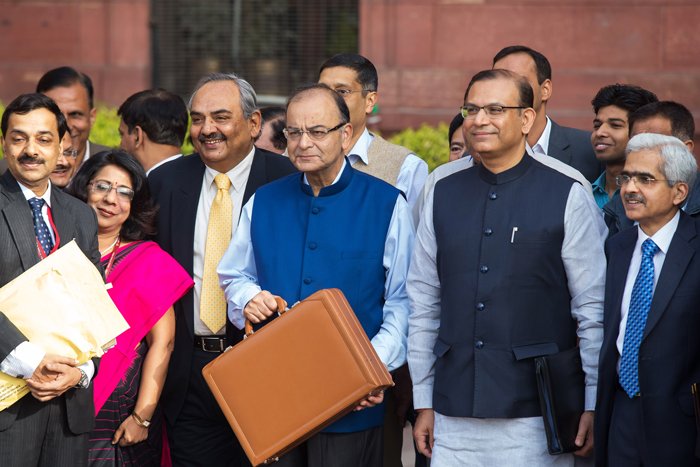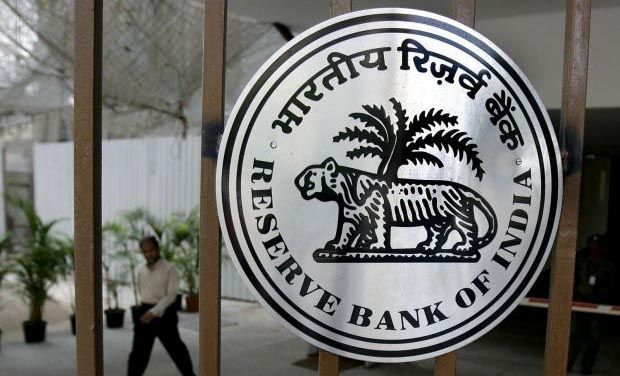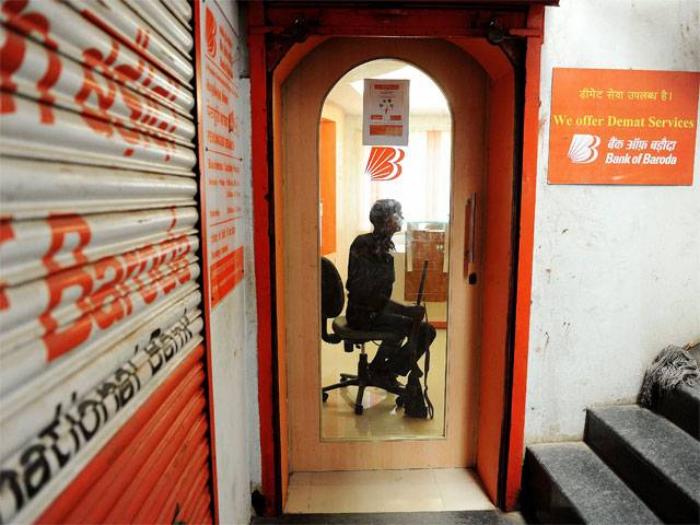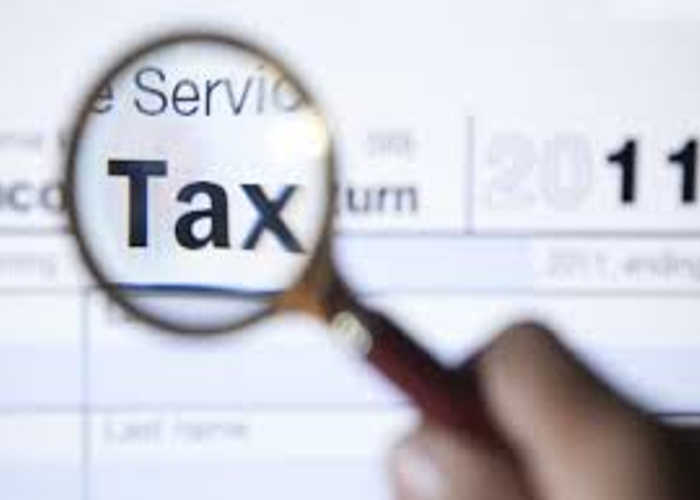
- India has a populace of 125 crore people, and only about 3.5 crore are in the income tax net. The figures are appalling when compared to other global economies, which have a higher percentile of income tax payers. Will Jaitley focus on improving the situation?
- India\'s tax rate for companies is unfavourable when compared to most other emerging economies. Many firms and global companies have complained about this to the Modi government. Maybe, the government can take cognisance of these complaints in the upcoming budget?
The Union Budget will be presented on 29 February. This will be finance minister Arun Jaitley's third budget. While his earlier budgets balanced populist and industry-specific demands, the Union Budget 2016 needs to go beyond these envisaged critera as the challenges faced by the Modi government have increased manifold.
While the fall in global oil prices is a boon for the government that can generate revenue for Centre's coffers, the rainfall deficit presents its own set of challenges that must be addressed well in the Budget 2016.
Catch takes a look at what we can expect from Budget 2016:
1) Focus on agricultural sector

Catch News
With bad monsoons, farmers are under severe stress, with profitability in farming falling constantly in the past two years. During pre-budget consultations, Arun Jaitley has been holding debates with various stakeholders including farmers, hence expectations are rife that the Finance Minister will address these issues. .
During the 2014 elections, the BJP manifesto had promised to raise profitability levels in agriculture to 50 per cent above costs. The very same factor was around 20-30 per cent in most crops during the Congress' tenure.
The current situation
The abysmal reality is that profitability in agriculture has plummeted to less than 5 per cent in major crops, and is negative for others. Hence, it is imperative that the Budget 2016 focus on alleviating farmers' plight and boom agrarian economy.
2) Recasting the existing crop insurance system is imperative

File Photo
Ahead of the Centre's budget preparatory exercise, over 100 civil society members had appealed to Union Minister Arun Jaitley to release additional Rs 5,000 crore for MGNREGA in view of agrarian crisis.
"Given the immediate crisis and requirement of the remaining three months of the FY 2015-16, we request the additional Rs 5,000 crore to be made available to the Union Rural Development Ministry immediately," signatories of the letter urged, according to a statement issued by the members, as reported by The Economic Times.
3) Find ways to double income tax payers

File Photo
The government needs to find ways and measures to restructure the current income tax slabs. It needs to focus on hiking the Rs 10 lakh limit for the highest rate of 30 per cent.
It also needs to focus on presumptive taxation for the unorganised businesses.
India has a populace of 125 crore people, and only about 3.5 crore are in the income tax net. The figures are appalling when compared to other global economies, which have a higher percentile of income tax payers.
The Tax Administration Reform Commission (TARC) has raised this issue in detail in its report and also calculated that the number should be at least 6 crore, the Indian Express reported.
Taking the population at 120 crore, it made a simple calculation: "Assuming a family size of 5, there are 24 crore families in India. Assuming, further, that 30% of the households earn only subsistence wages and another 20% are below the income tax threshold, there will be 12 crore potential taxpayers. If one-half of this is assumed to derive income from agriculture, there will be 60 million or 6 crore potential taxpayers".
Hence, the government needs to opt for presumptive taxation to bring those into the tax net who are evading taxes by dealing mostly in cash.
4) Fiscal prudence

PTI
Fiscal prudence basically means allocating funds within budget to prevent any losses for the government.
In its sixth bi-monthly Monetary Policy review, the Reserve Bank of India (RBI) had put the onus of maintaining fiscal prudence on the government, while unveiling its policies in the 2016 Budget.
Vaibhav Sanghavi, managing director at Ambit Investment Advisors, told Business Standard: "The markets are expecting that the Budget will focus on the rural segment, thereby reviving the rural economy. The government also needs to be on the path of public expenditure and be fiscally prudent. As regards structural reforms, the markets are eagerly looking forward to the Bankruptcy Law,"
5) Review its own policies and schemes

ANI
Modi government had launched gold bond scheme and gold monetisation scheme to turn idle gold holdings of citizens into productive use in October 2015. These schemes haven't been able to attract large number of investors.
Read: All you need to know about PM Modi's three gold related schemes
It also launched a savings scheme for the girl child - Sukanya Samriddhi Account Scheme. The scheme gives 9.2 per cent interest rate for 2015-16 on principal of up to Rs 1.5 lakh.
This savings scheme provides tax exemption on interest component also at the time of withdrawal. It is a long-term savings scheme with the amount maturing when the daughter turns 21. A review of these schemes and their performances would be useful for the government in allocating and disbursing funds.
6) Explore solutions to address bank balance sheets

File Photo
Bad loans and defaulters have been negative for Banking sector in India. Even RBI Chief Raghuram Rajan commented on this recently.
Problems for banks have increased due to large infrastructure projects which have not taken off as speedily as were once originally thought to be. Hence, most of the banks including State Banks face the fulcrum of bad loans hanging on their heads with no hope of recovery.
They face a high quantum of distressed assets, estimated at over 11 per cent.
If and when such bad loans are taken off their balance sheets, it helps the banks rework their credit cycles. This in turn would help more businesses to get credit. (SME'S)
7) Reduction in corporate tax rates

File Photo
India's tax rate for companies is unfavourable when compared to most other emerging economies. Many firms and global companies have complained about this to the Modi government.
Budget 2016 had announced cuts in this rate to 25 per cent over a period of four years. It had also planned to phase out exemptions and incentives.
This year's budget can take this step ahead by putting out a clear roadmap and seeking consultations on tax rate and exemptions.
8) Goods and Services Tax

File Photo
Time and again, both BJP and Congress have fought over passage of Goods and Services Tax (GST) bill. The bill, which has been in the pipeline for nearly two decades is estimated to take India's GDP growth up into the 9% range.
With Arun Jaitley's recent statements on passage of the bill, we can only hope that the masses can incentivise on benefits passed on by GST.
Read: Here's everything you need to know about GST Bill
9) The Real estate bill

File Photo
In the upcoming Budget 2016, Narendra Modi-led NDA government is aiming to clear the proposed Real Estate Bill.
Why is it important?
Time and again, you've heard about builders promising delivery of flats by a certain time period but taking more than the allotted time to hand over possession of flats. Plus, many flat owners complain of the real estate lobby toying with actual FSI (Floor space index) and providing less than satisfactory add-ons than promised in numerous metro cities. So, the Bill seeks to set up a regulatory framework that will govern contracts between real estate buyers and sellers. Till now, home buyers were forced to take what they received from builders which was almost a one-sided contract term.
This bill aims to put a full-stop to such practices by setting up of Real Estate Regulatory Authorities across states, which will maintain records of projects, promoters and agents, and a database of violators. This information will be available to buyers as well, making their selection process transparent and easier.
First published: 4 February 2016, 6:55 IST







![BJP's Kapil Mishra recreates Shankar Mahadevan’s ‘Breathless’ song to highlight Delhi pollution [WATCH] BJP's Kapil Mishra recreates Shankar Mahadevan’s ‘Breathless’ song to highlight Delhi pollution [WATCH]](https://images.catchnews.com/upload/2022/11/03/kapil-mishra_240884_300x172.png)

![Anupam Kher shares pictures of his toned body on 67th birthday [MUST SEE] Anupam Kher shares pictures of his toned body on 67th birthday [MUST SEE]](https://images.catchnews.com/upload/2022/03/07/Anupam_kher_231145_300x172.jpg)






